40%-50% of newborn babies have little white bumps on their faces. Sometimes these pimples stay with us until adulthood. The good news is it’s perfectly normal to have them. Just for you, we’ve gathered everything in one place, so there’s no need to frantically surf the web for answers.
Bright Side is giving you a quick explanation and, hopefully, relieving your worries once and for all.
What those bumps are
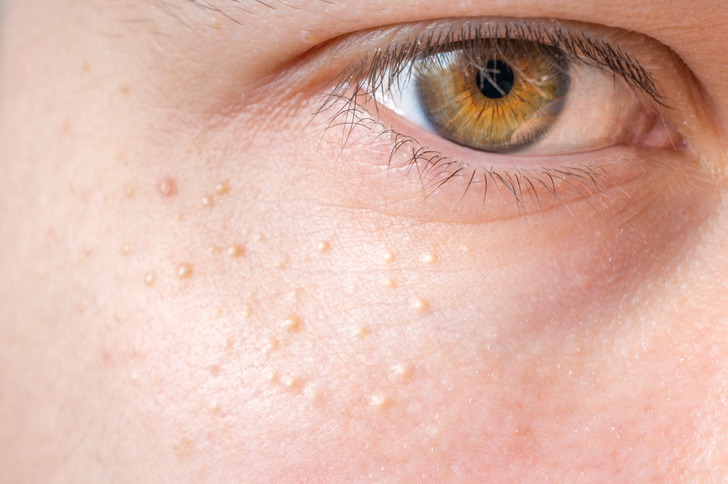
The bumps have an official name, milia (milk spots). They are filled with keratin that gets trapped right below your skin. As a rule, white bumps appear on the eyelids, cheeks, and forehead. Many believe that milia are a form of acne, however, it’s far from the truth, as acne is usually triggered by hormones.
Why they appear in the first place
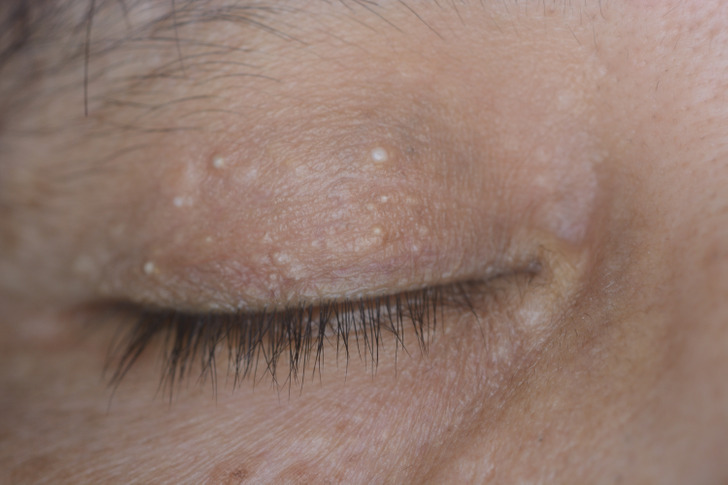
Although no one really knows what causes milia, there are still some possible explanations. Your skin might have been damaged. The effects of irritation, sun exposure, burns, or heavy skincare products can all lead to milia. Another possible reason is a buildup of dead skin, which gets trapped in the pores. Finally, the simplest answer to this is your genes. You might just be genetically predisposed.
What to do about them
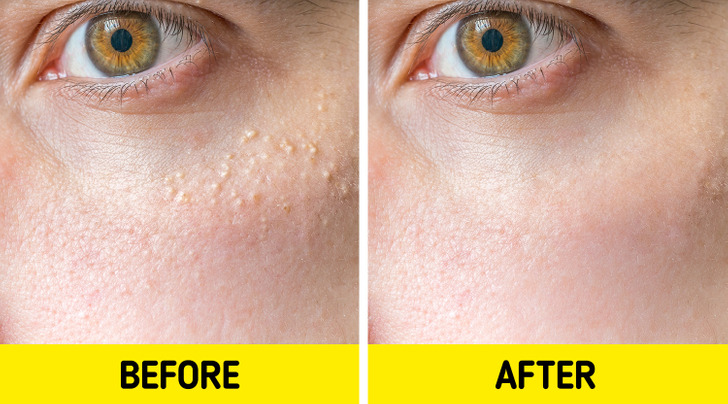
You don’t really have to do anything about the bumps because they’re completely harmless. Nevertheless, if you’re concerned about the aesthetic aspect, there are some solutions that might help you. Keep in mind, none of the possible preventative measures have been proven effective. You might still want to give them a try though.
1. Moisturize and protect your skin.
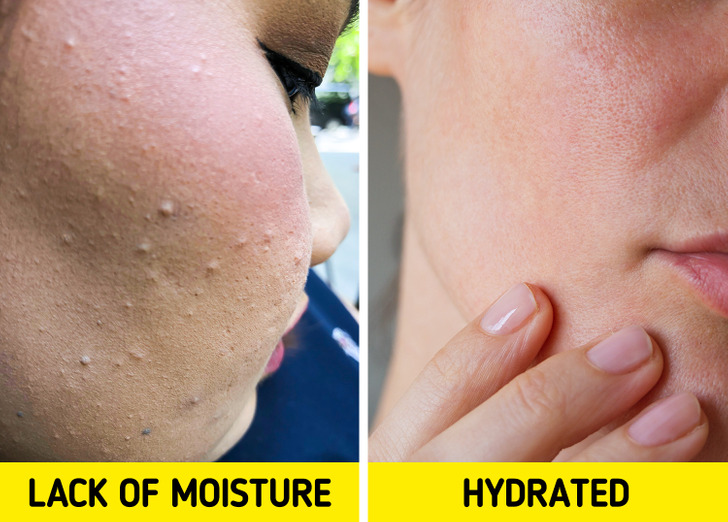
Investing in a good sunscreen and moisturizer is a good idea. These products will help you ensure your skin is protected, soft, and flexible. Don’t forget to apply sunscreen even in winter or when you sit near windows.
2. Exfoliate
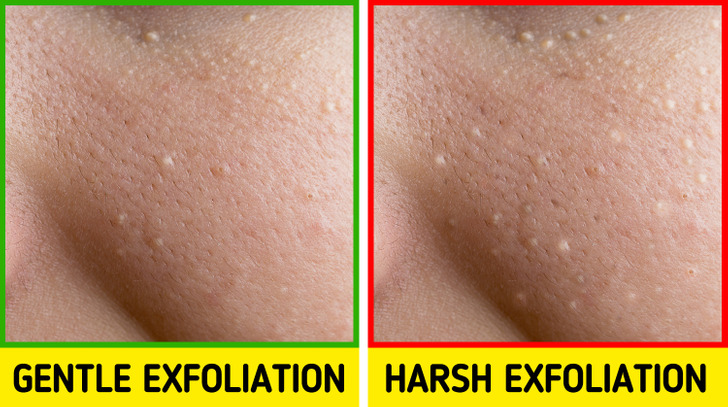
It’s essential not to overdo it. Use gentle scrubs so as not to damage your skin and cause even more bumps. Remove dead cells carefully at home or get professional facial treatments.
3. Try products with retinol.
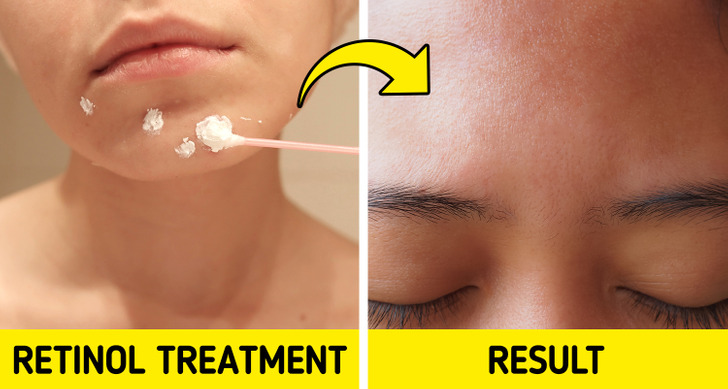
It’s believed that retinol is a milia-eradicating ingredient. Retinol creams reveal a smooth layer of skin and prevent buildup. Bear in mind that some retinol-containing products can be harsh on the skin, so opt for gentler ones.
4. Use salicylic acid.
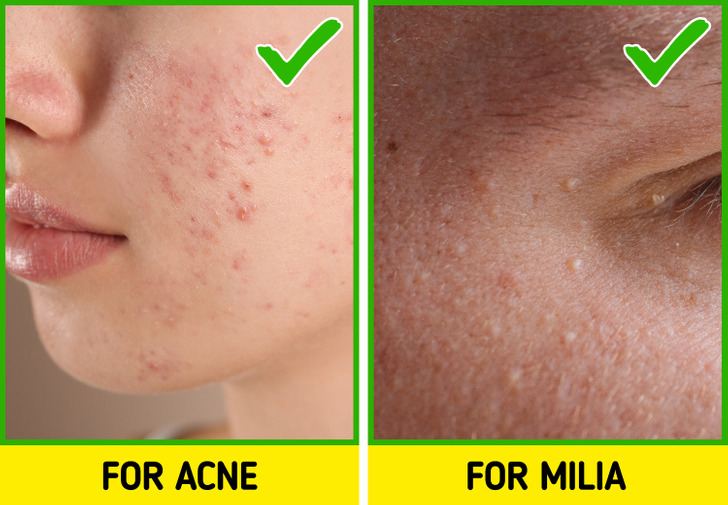
This acid is often recommended as a way to combat acne, and it might work for milia as well. The point is to thin out the skin’s layers. This way, you might be able to release the milia cyst. Apply salicylic acid right before bedtime.
Have you ever noticed milk spots on your face? Do you know about any other conditions that are not harmful but seem to be?
